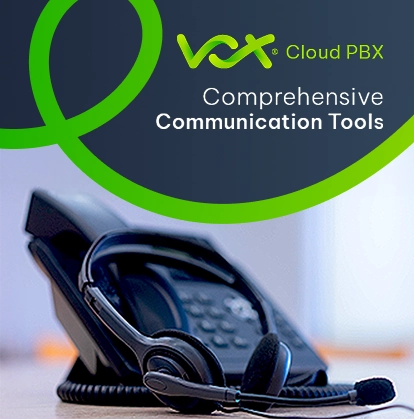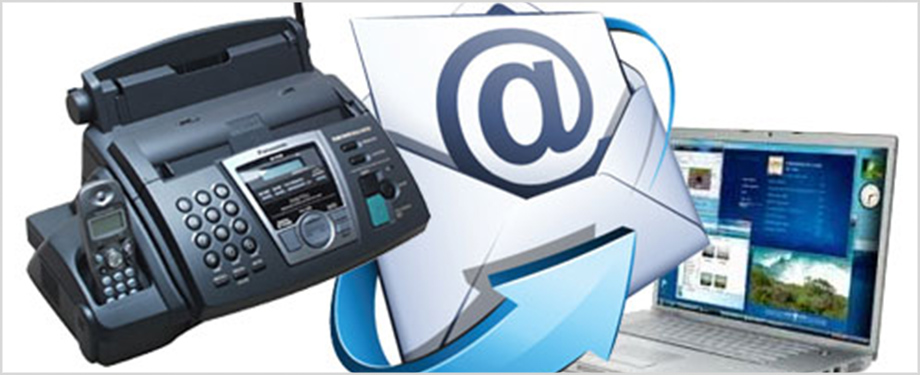Inevitably, when people and organisations think about fax, it is considered a non-essential and outdated technology that has been replaced by email and scanned documents. But according to the IDC, facsimile remains a vital communications tool and has an important role in organisations as they embrace digital transformation.
IDC points out that over the last three decades, technology has evolved to change our organisations interact with their stakeholders. Similarly, fax technology has evolved and today provide software and cloud-based digital solutions that are integrated with enterprise applications, maintaining secure, trackable and auditable information exchange.
The reality is that digital facsimile services, offered via onsite OpenText RightFax or Fax2Mail services, eliminates the need for standalone fax machines and enables increasingly important integration with users’ desktops, email and multifunction peripherals (MFPs).
According to the survey that the IDC conducted, 43 percent of respondents indicated that facsimile usage has increased, with 39 percent indicating that it will remain steady.
These statistics are reflected in the continued utilisation of fax services in South Africa by all major financial, healthcare and legal organisations as well as public sector.
But why is fax still relevant in the 21st century?
Mostly because fax is viewed as a trusted communication method – especially in an era defined by growing security concerns. Fax offers a means of tracking documents, providing a high level of confidence and leaves an auditable trail.
Digital fax servers and cloud-based fax services eliminate the risk of lost, misplaced or misfiled paper faxes associated with standalone facsimile machines – and most importantly, fax documents are considered legally binding documents.
So what, according to IDC, is the next growth opportunity for this kind of electronic messanging?
Digital transformation strategies mean that paper-based faxing needs to be eliminated and 90 percent of the respondents in the IDC survey have indicated that they will work on integrating fax with business workflows.
The evolution of facsimile to include optical character recognition has allowed companies to implement automatic workflows as well as searchable fax documents (critical for archiving).
These two major developments keep facsimile relevant in the digital economy.
In addition integration of multi-functional printers to RightFax servers has eliminated the need for costly facsimile cards and individual telco lines, savings companies millions annually.
By Carly Sutton, Senior Product Manager for Cloud: Digital Communications at Vox














